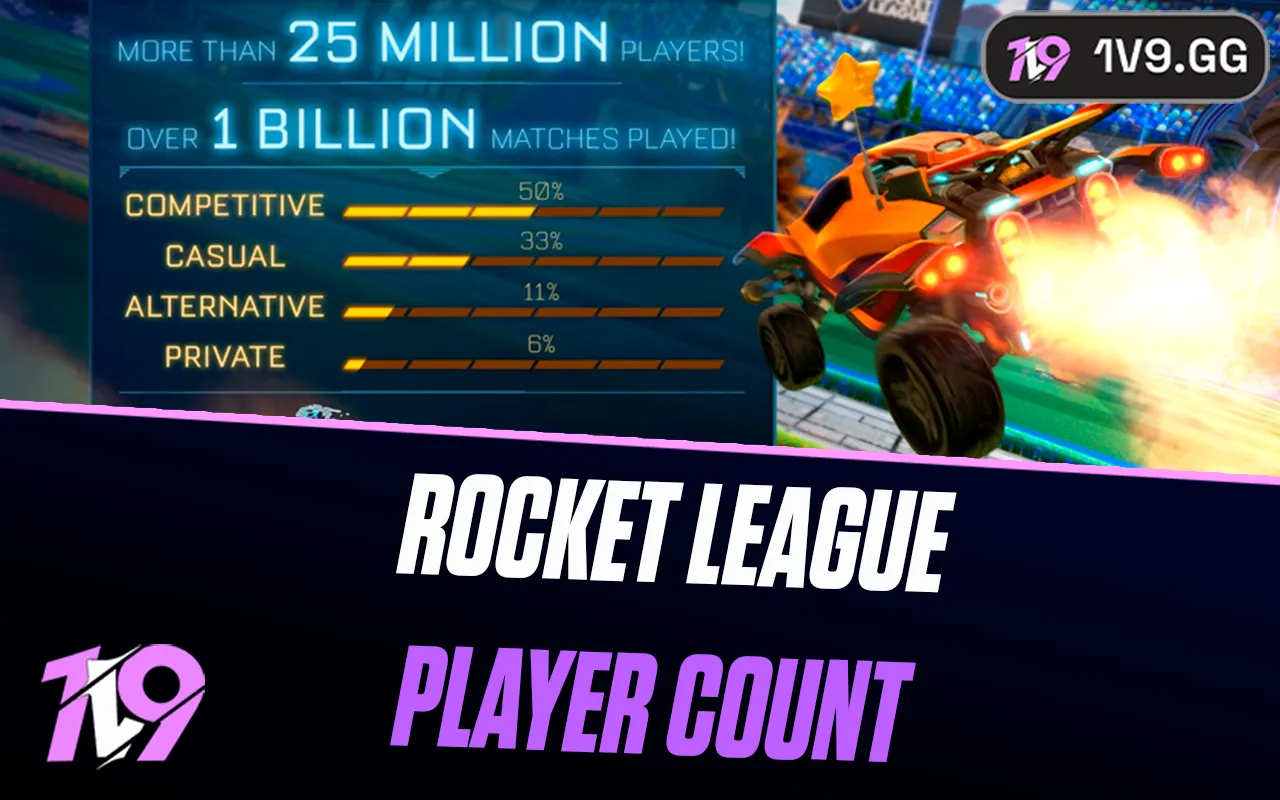
League of Legends: Best Audio Settings
Sound plays a vital role in enhancing your experience in League of Legends. From the clash of champions in team fights to the subtle audio cues of an enemy gank, mastering the game’s audio settings can give you a competitive edge. Whether you’re looking to immerse yourself in the game’s atmosphere or prioritize hearing critical sounds like ability effects and pings, the right audio settings are essential.
In this guide, we’ll cover the best audio settings for League of Legends to ensure you never miss an important sound cue and maintain effective communication with your team. Whether you’re a casual player or climbing the ranks, these settings will help you fine-tune your game for the best experience.
Best Audio Settings For League of Legends

Fine-tuning your audio settings in League of Legends can significantly enhance your gameplay experience, allowing you to pick up on crucial sound cues during matches. Below are the recommended audio settings for optimal performance and immersion:
General Audio Settings
• Master Volume: 70-80
Keeps the overall sound loud enough to capture all game effects without overwhelming your ability to focus on specific audio cues.
• Sound Effects Volume: 100
Maximizes the clarity of ability sounds, champion interactions, and other in-game effects that are vital for gameplay.
• Voice Volume: 80
Ensures clarity of announcer updates, such as when objectives are taken or enemies are slain.
• Ping Volume: 100
Critical for communication, as it ensures pings from your teammates are always audible, even in chaotic team fights.
• Ambient Volume: 30-50
Provides immersion without overwhelming key game sounds; adjust lower if you find it distracting.
• Music Volume: 20-40
Adds background ambiance without overpowering essential game sounds. You can lower it further if you prefer a more competitive focus.
Communication Settings
• Enable Voice Chat: On
Essential for premade games, allowing you to communicate effectively with your team.
• Mic Volume: 80-90
Ensures your voice is clear when using voice chat.
• Voice Chat Volume: 70-80
Balances your teammates’ voices with in-game sounds.
• Push-to-Talk Key: Bound to a comfortable key (e.g., “V”)
Reduces background noise and allows you to control when you speak.
Advanced Recommendations
• Disable Third-Party Enhancements: Ensure no external sound enhancements (e.g., Windows Sonic or third-party EQ settings) interfere with the game’s built-in 3D sound.
• 3D Sound: Enable if using a headset with surround sound capabilities. It helps identify directional cues, such as enemy positioning.
• External Chat Volume (Discord/Other Apps): Balance external communication apps with in-game audio by adjusting their output to be slightly quieter than game sounds.
Customization Tips
• Test these settings in a custom game to ensure they feel right for your setup.
• Adjust settings based on personal preferences or specific setups (e.g., using high-quality headphones).
• Always prioritize Sound Effects Volume and Ping Volume for maximum competitive advantage.
With these audio settings, you’ll be able to pick up on every critical cue in League of Legends, ensuring you’re ready to make game-winning decisions.
Conclusion
Having the right audio settings in League of Legends can significantly elevate your gameplay by ensuring you don’t miss crucial sound cues, from teammate pings to enemy abilities. By optimizing your master volume, sound effects, and communication settings, you create an immersive and strategic advantage in every match. Whether you’re dodging enemy ganks, reacting to team calls, or securing objectives, clear and well-balanced audio is a game-changer. Use these settings as a foundation, and tweak them to suit your personal setup for the ultimate competitive experience.
Posted On: January 31st, 2025
Recent Articles
💬 Need help?
Our 1v9 support team is available 24/7 to help you with any questions or issues you may have.
support@1v9.gg
Loading...
1v9.gg is not endorsed or affiliated by any game developers or publishers.
2025 1v9, All Rights Reserved, Created By NightDev







